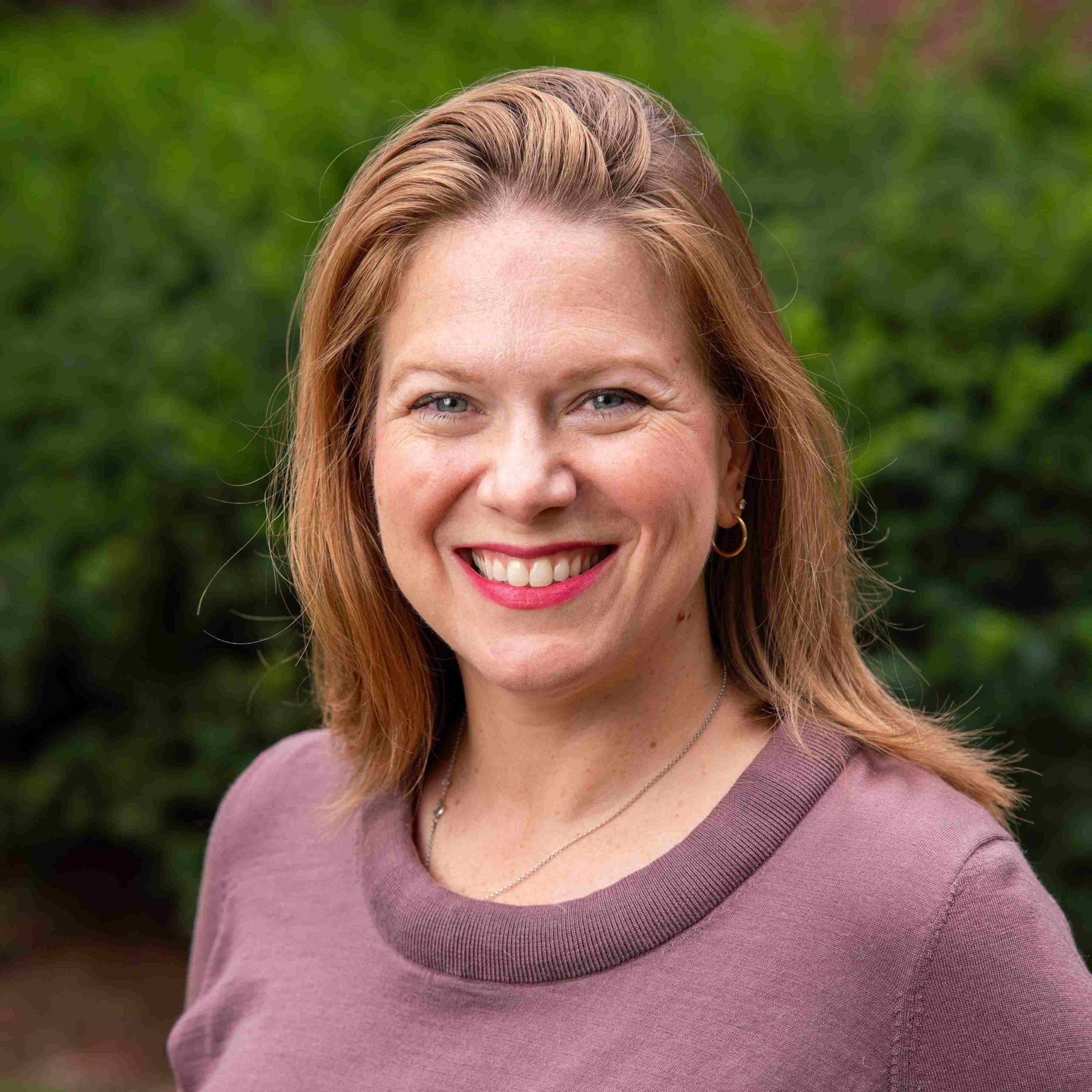Michigan State University
Barbara Schneider, John A. Hannah Distinguished Professor, College of Education & Department of Sociology
Dr. Barbara Schneider is the John A. Hannah University Distinguished Professor in the College of Education and the Department of Sociology. Her research focuses on how the social contexts of schools and families influence the academic and social well-being of adolescents as they move into adulthood. In her career, Schneider has also played a significant role in the development of research methods for the real-time measurement of learning experiences. She is a Fellow of the American Association for the Advancement of Science (AAAS), the National Academy of Education, the American Educational Research Association (AERA) and, most recently, was elected to the Finnish Academy of Science and Letters. In 2017, she received an Honorary Doctor of Philosophy degree from the University of Helsinki. Professor Schneider has published 20 books and more than 100 articles and reports on family, social contexts of schooling and sociology of knowledge.
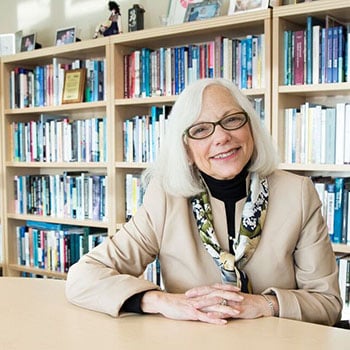
Joe Krajcik, Lappan-Phillips Professor of Science Education & Director, CREATE4STEM
Dr. Joe Krajcik directs the CREATE for STEM Institute at Michigan State University, where he is a University Distinguished Professor and the Lappan-Phillips Professor of Science Education. Throughout his career, he has focused on working with colleagues and science teachers to design and test project-based learning environments to reform science teaching practices and to research student learning and engagement. He has served on various national and international committees, including the Framework for K-12 Science Education, the NGSS, the 2028 NAEP Framework, and the 2025 PISA Framework. In 2020, Joe was elected to the National Academy of Education and received the prestigious McGraw Prize for Innovation in Pre-K-12 Education. He has published over 100 peer-reviewed manuscripts, co-edited several books, and published a book on Project-based Learning, which is in its fifth edition. In 2022, he received an honorary doctoral degree from the University of Tartu in Estonia. He is currently a distinguished visiting professor at the University of Johannesburg, South Africa.
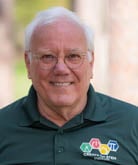
Sheneka Williams, Professor & Chairperson, Department of Educational Administration
Dr. Sheneka Williams is professor and chair of the Department of Educational Administration. Williams’s research focuses in two main areas: rural education and school desegregation. Her research specifically examines educational opportunity for African American students in rural contexts, and the resulting effects of (de)segregated schools on students of color. Her research has been published in journals such as Educational Policy, Teachers College Record, Urban Education, and the Peabody Journal of Education. Aspects of her research have been presented at The National Press Club, American Enterprise Institute, and on CNN and NPR.
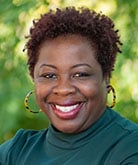
Clausell Mathis, Assistant Professor, Lyman Briggs College and Department of Teacher Education
Dr. Clausell Mathis is an esteemed assistant professor at Michigan State University, where he holds a joint appointment in the Lyman Briggs College and the Department of Teacher Education. He earned his Ph.D. in Curriculum and Instruction with a focus on Science Education at Florida State University and completed a postdoctoral fellowship with the Physics Education Group at the University of Washington, Seattle. Before starting his academic career, Dr. Mathis gained valuable experience as a high school physics teacher and community college professor. His practical teaching background informs his research centered on integrating culturally relevant pedagogy in physics education. Dr. Mathis is particularly interested in how physics instructors can utilize students’ cultural resources to foster deeper connections to physics concepts and enhance learning outcomes.
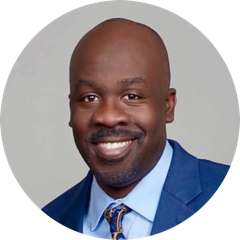
Michigan State University Teams
Project Management
Eno Idiagbonya
Eno Idiagbonya (they/them) is a skilled project management professional with extensive experience in federal grant administration, stakeholder engagement, and process optimization. Currently serving as Project Director, Eno oversees daily operations, financial compliance, and multi-institutional collaboration. Previously, at UNC School of Medicine's RADx-UP Initiative, they managed large-scale conferences and streamlined payment systems. With a background in research coordination and product management, Eno excels at driving efficiency, leading teams, and fostering partnerships across academia and community organizations. Eno's expertise spans grant management, event planning, fiscal oversight, and strategic communication.
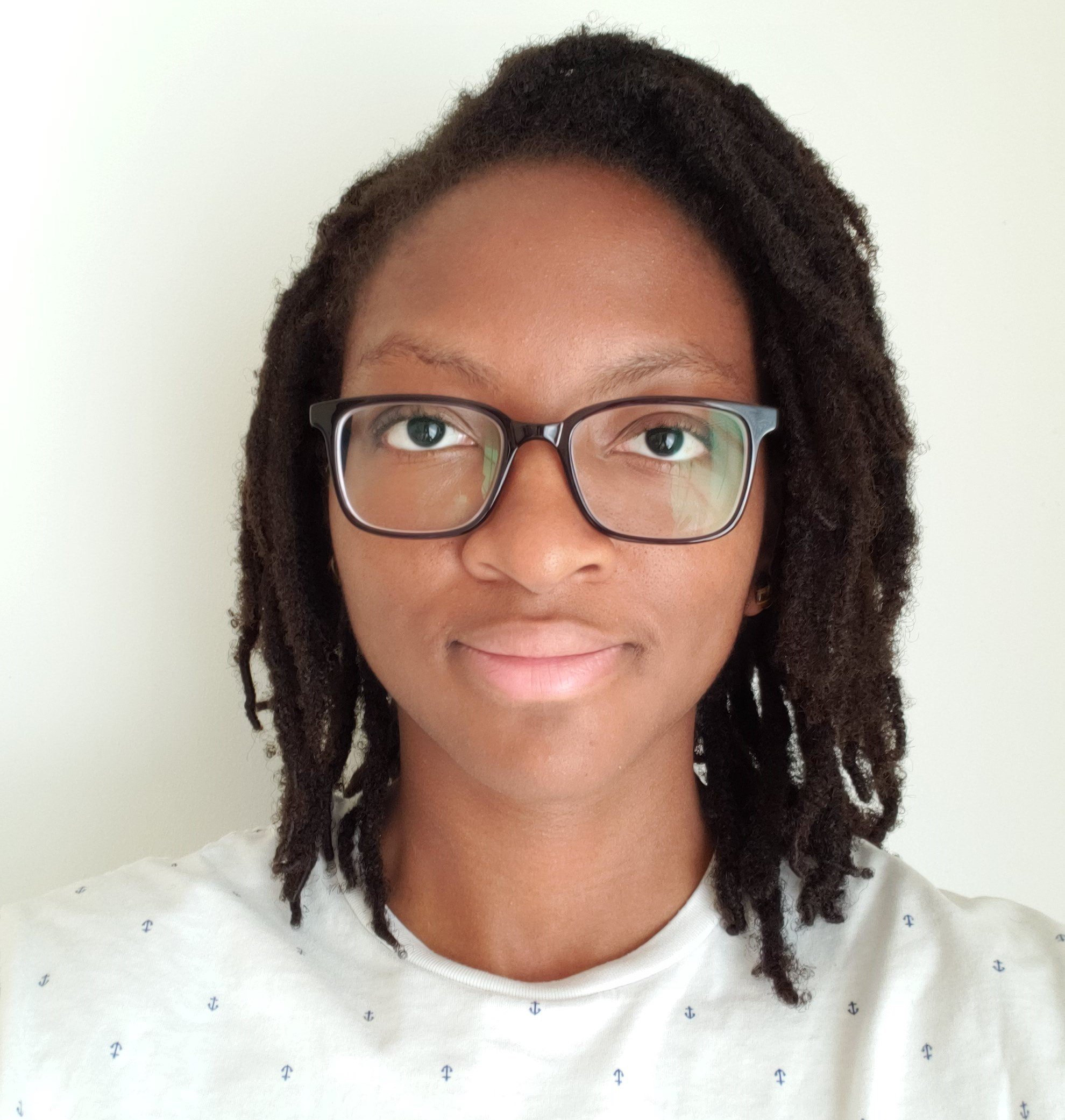
Jennifer Tabb
Bio coming soon.
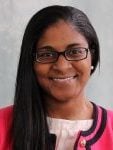
Leadership, Partnerships, and Policy Team
Kimberly Clarida
Kimberly Clarida, Ph. D., is a postdoctoral fellow in the College of Education, focusing on developing external partnerships and providing insights into rural communities. She earned her Ph.D. in Educational Leadership and Policy from the University of Texas at Austin, with a portfolio in applied statistical modeling. Raised in the rural Southeast as a first-generation college student and former College Adviser in a Title I school in NC, Kimberly is deeply aware of the strengths and opportunities in rural education. Kimberly’s dedication to educational access and opportunity is a driving force in her work. She excels in qualitative research methodologies, including case development, interviews, and data analysis. Her work has been published in the Bloomsbury Handbook of Rural Education in the USA, Educational Evaluation and Policy Analysis, Journal of Cases in Educational Leadership, and Leadership and Policy in Schools. She holds a B.A. in Public Policy from UNC-Chapel Hill and an M.Ed. in Educational Administration and Policy from the University of Georgia.
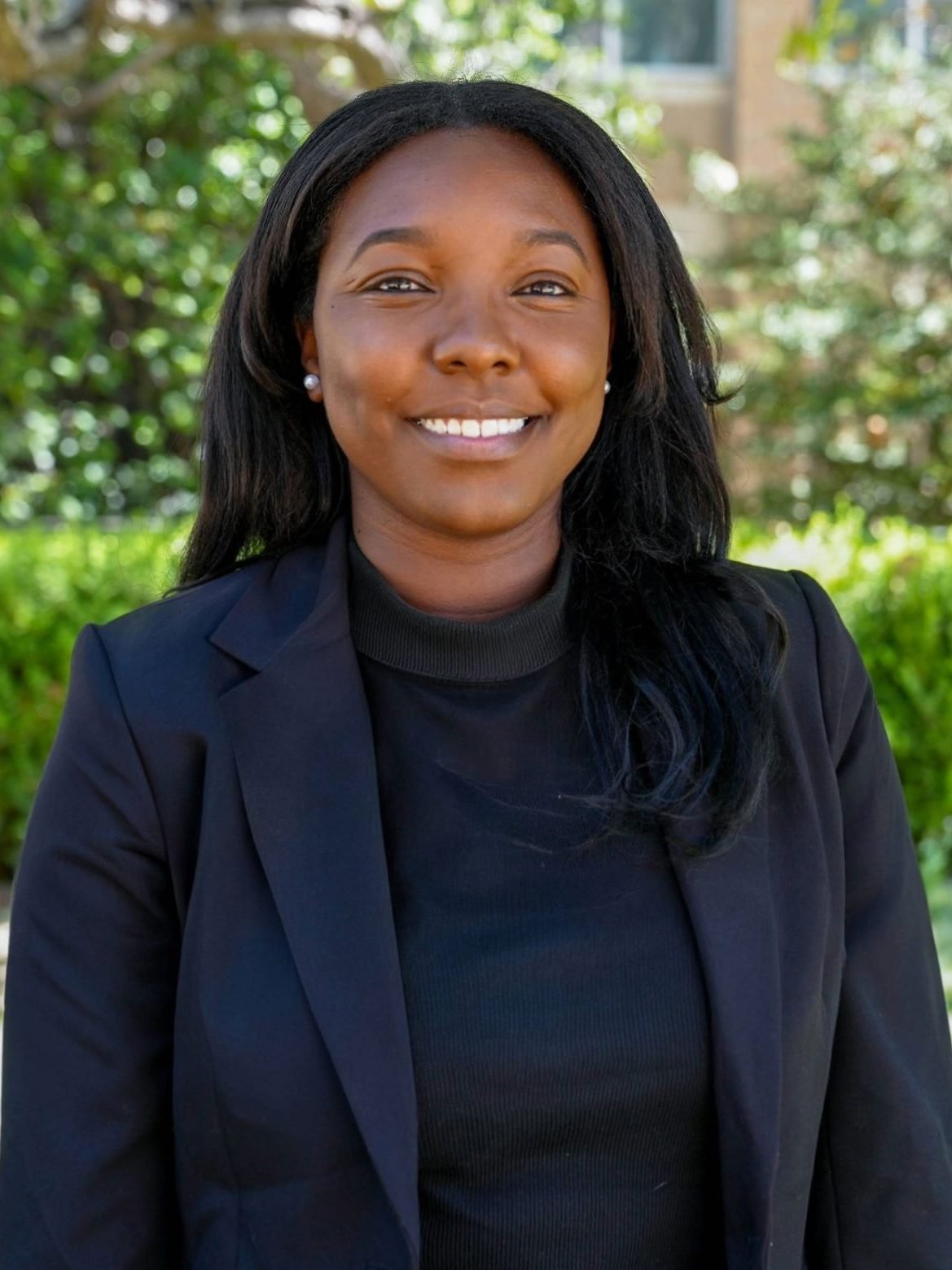
Darren “Dee” Dubose
Darren “Dee” Dubose, a native of rural Alabama, is a doctoral student in Educational Policy at Michigan State University. His research interconnects at the junction of race, rurality, and rankings. More distinctly, his research seeks to understand the social implications of the school report cards on predominantly Black rural schools in the Black Belt of Alabama. Prior to his scholarly pursuit in East Lansing, dee served as a 9-12 physical education teacher in Lowndes County, Alabama and a 6-7th grade reading teacher in Harris County, Texas. While the involvement in the classroom shaped his pedological aims as a teacher, he credits these rich experiences for centering the most vulnerable (students, families, and communities) in his emerging critical scholarship as a scholar.
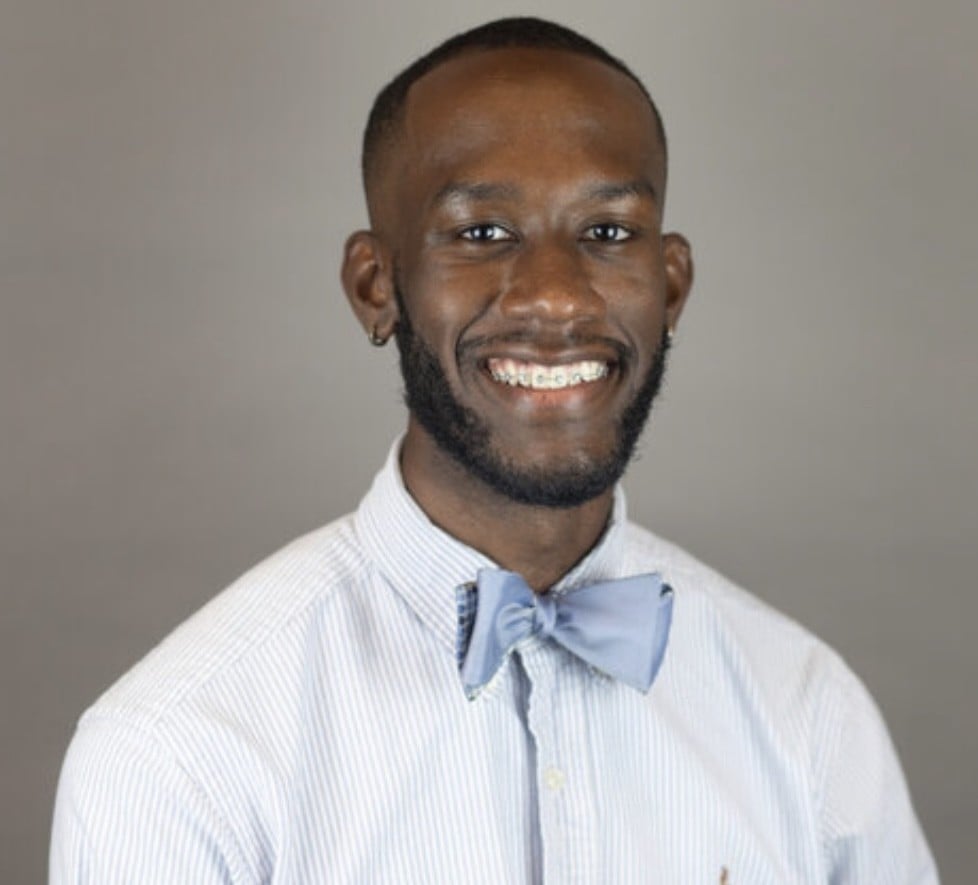
Hannah Locke
Hannah Locke is a junior undergraduate student studying Social Relations and Policy at Michigan State University's James Madison College. Previously at The State News she worked as a student reporter covering feature stories, academics, and research. Her interests include writing and education policy.
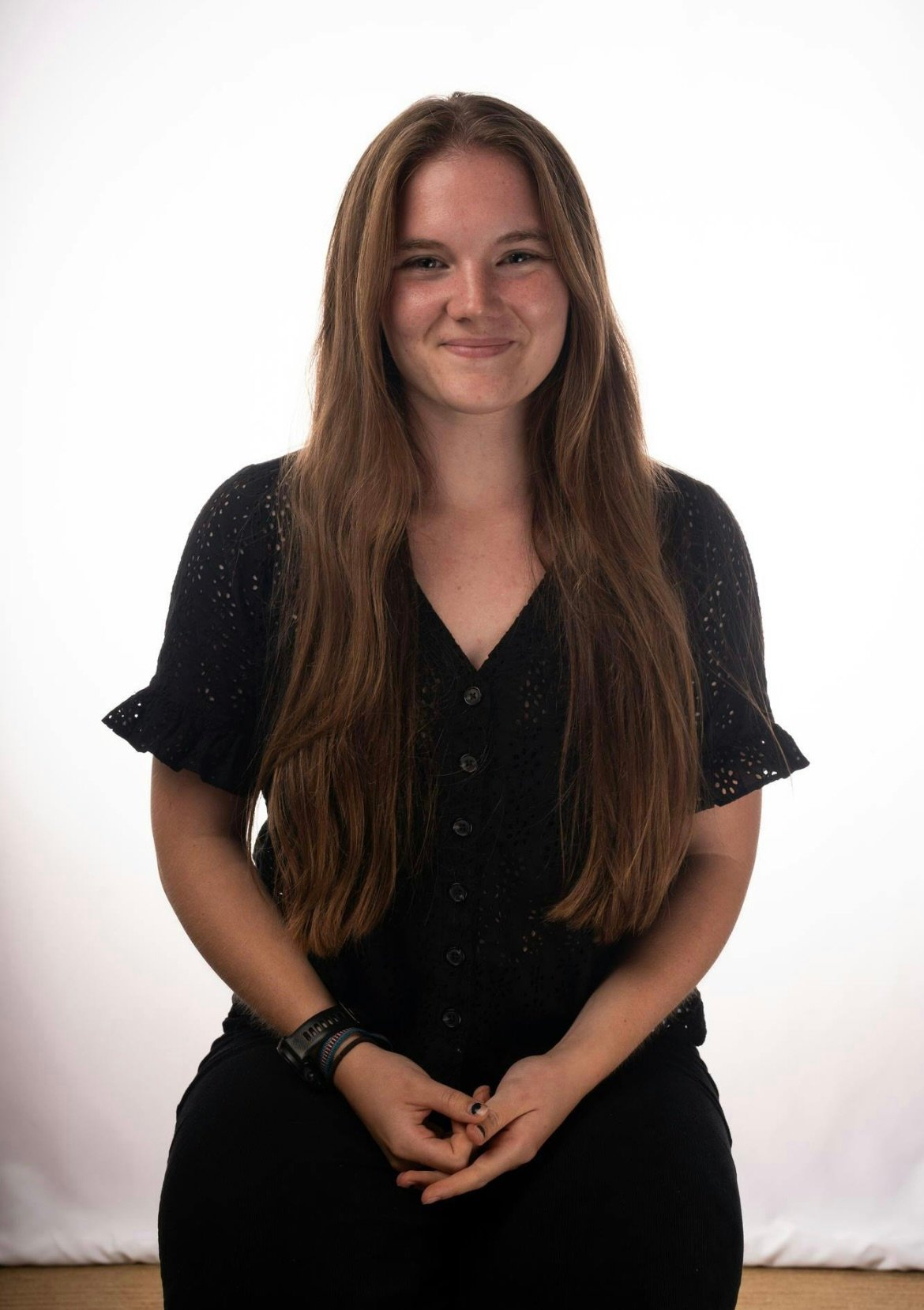
Chemistry Team
Ehud Aviran
As an educational technology and chemistry teaching researcher, Ehud’s interest lies in the fields of remote teaching and learning, disruptive education, and the personalization of education for both students and teachers. In that capacity, he has also helped disseminate a novel LMS for the personalization of teaching and learning in chemistry schools across Israel, supported teachers as they implemented the system in their classes, and developed teaching resources and materials within it. He has 13 years of experience teaching high-school chemistry and 4 years of experience leading teacher’s professional development courses. He earned his B.Sc. in Science Education (in chemistry and environmental studies) from the Technion – Israel’s institute of Technology and is graduate of the Rothschild-Weizmann Program for Excellence in Mathematics and Science Teaching (non-thesis M. Sc. program for science teachers). He has completed his M.Sc. (with full thesis, which was awarded The Dean’s Prize for MSc.) and Ph.D. in Science Teaching (in chemistry education) at the Weizmann Institute of Science.
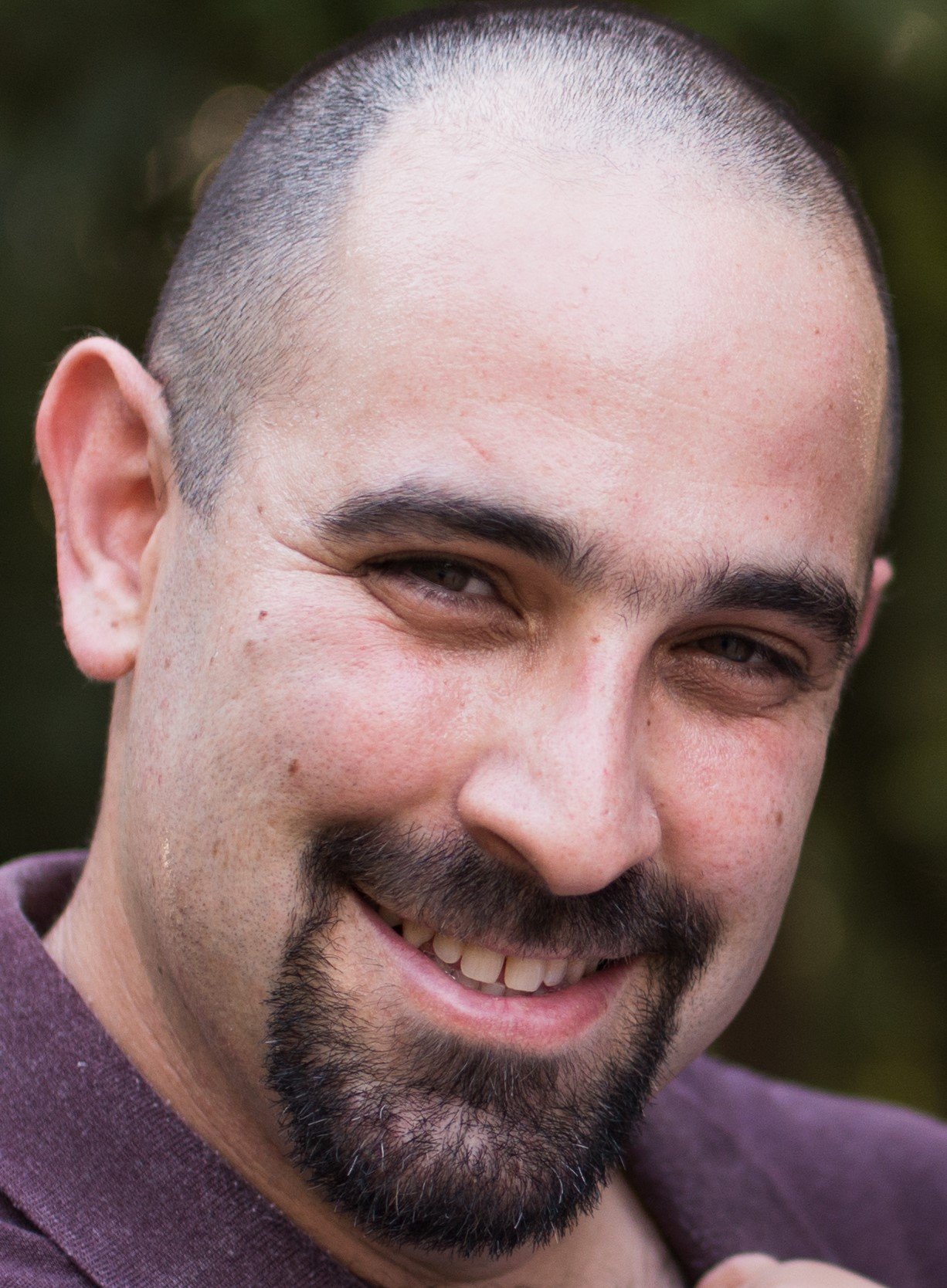
William (Billy) Van Luven
Billy is interested in multicomponent interventions that can be used by educational practitioners to support students within their classrooms. He’s also particularly interested in students’ sense of belonging, how it correlates to teacher practices, and how it contributes to achievement motivation.
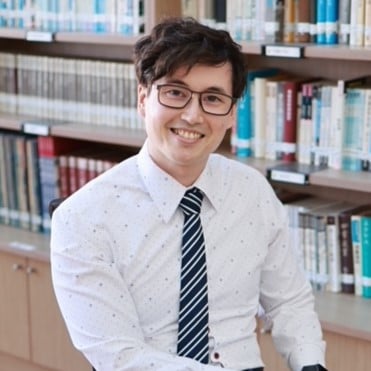
Angie Valbuena Rojas
Angie Valbuena Rojas, a Fulbright scholar from Colombia, is a Ph.D. student in Curriculum, Instruction, and Teacher Education at Michigan State University. Her research centers on culturally relevant chemistry teaching, investigating the intersection of scientific practices with ancestral and community knowledge to foster inclusive, decolonial, and equitable education. Before beginning her doctoral studies at MSU, Angie worked as a Chemistry high school teacher and an assessment specialist, acquiring extensive expertise in science teaching, education policy, curriculum development, and large-scale assessment. She earned her Bachelor of Education in Chemistry from UDFJC and her Master of Education in Assessment and Evaluation from Universidad Externado de Colombia.
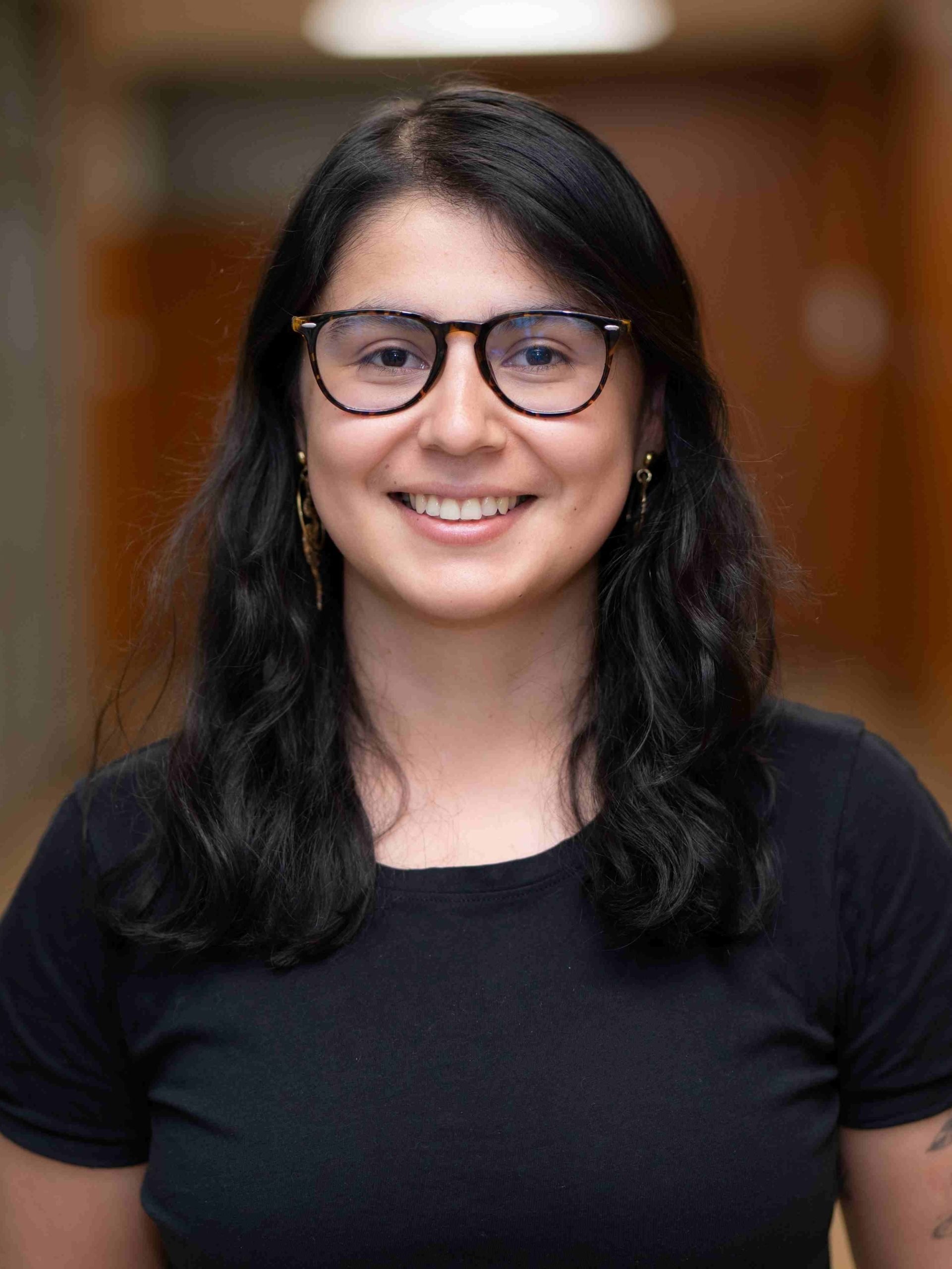
Physics Team
Özlem Akcil Okan
Özlem is a dedicated learner, researcher, and educator driven by a passion for discovering innovative solutions to challenges in education. Her work focuses on fostering inclusive, equitable, and relevant sense making for all students in multicultural settings. She brings extensive experience in K-12 science teaching and learning, teacher professional development, and the design of curriculum and assessment materials and research in science education. She holds a Ph.D. in Curriculum and Instruction from Florida State University, an M.S. in Secondary Science and Mathematics Education from Boğaziçi University (Turkey), and an integrated B.S. and M.S. in Teaching Chemistry from Boğaziçi University.
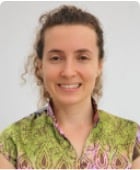
Lucky Chukwudalu Nonyelum
Lucky has taught physics for 3 years in Nigeria and as well, worked as the Project Lead for Chevening Science Literacy project funded by the foreign Commonwealth Development Office in Nigeria. He holds a Master’s Degree in International Education and Development from the University of Sussex, England. His research interests include culturally relevant physics science, decolonization of physics education, social justice issues in science education, and indigenous science learning.

Mathilda Smith
Mathilda Smith is a post-bacc who graduated with a bachelor’s degree from Michigan State University with a major in Environmental Biology and Zoology and a minor in History, Philosophy, and Sociology of Science in 2024. She is interested in research regarding the study of interactions between societies and their natural environments, focusing on how social factors influence environmental issues like biodiversity conservation and how these issues are addressed.
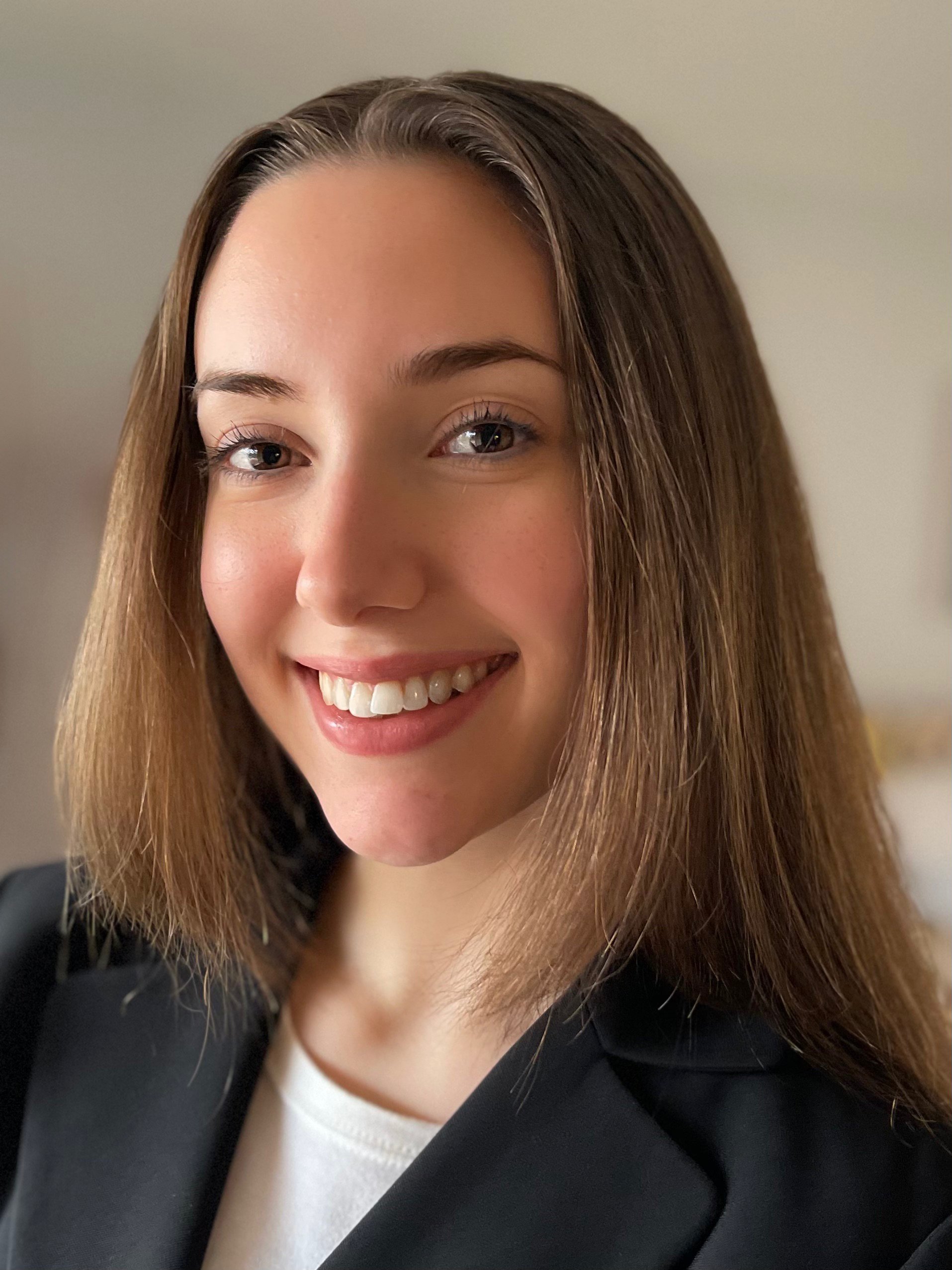
Measurement and Assessment Team
Kylie Gorney, Assistant Professor of Measurement and Quantitative Methods (Department of Counseling, Educational Psychology and Special Education, MSU College of Education)
Kylie Gorney is an Assistant Professor of Measurement and Quantitative Methods at Michigan State University. Her primary research interests include test security (i.e., detecting and preventing cheating on tests), item response theory (i.e., the dominant paradigm for scoring and analyzing tests), and computerized adaptive testing (i.e., the type of test that adapts as one progresses).
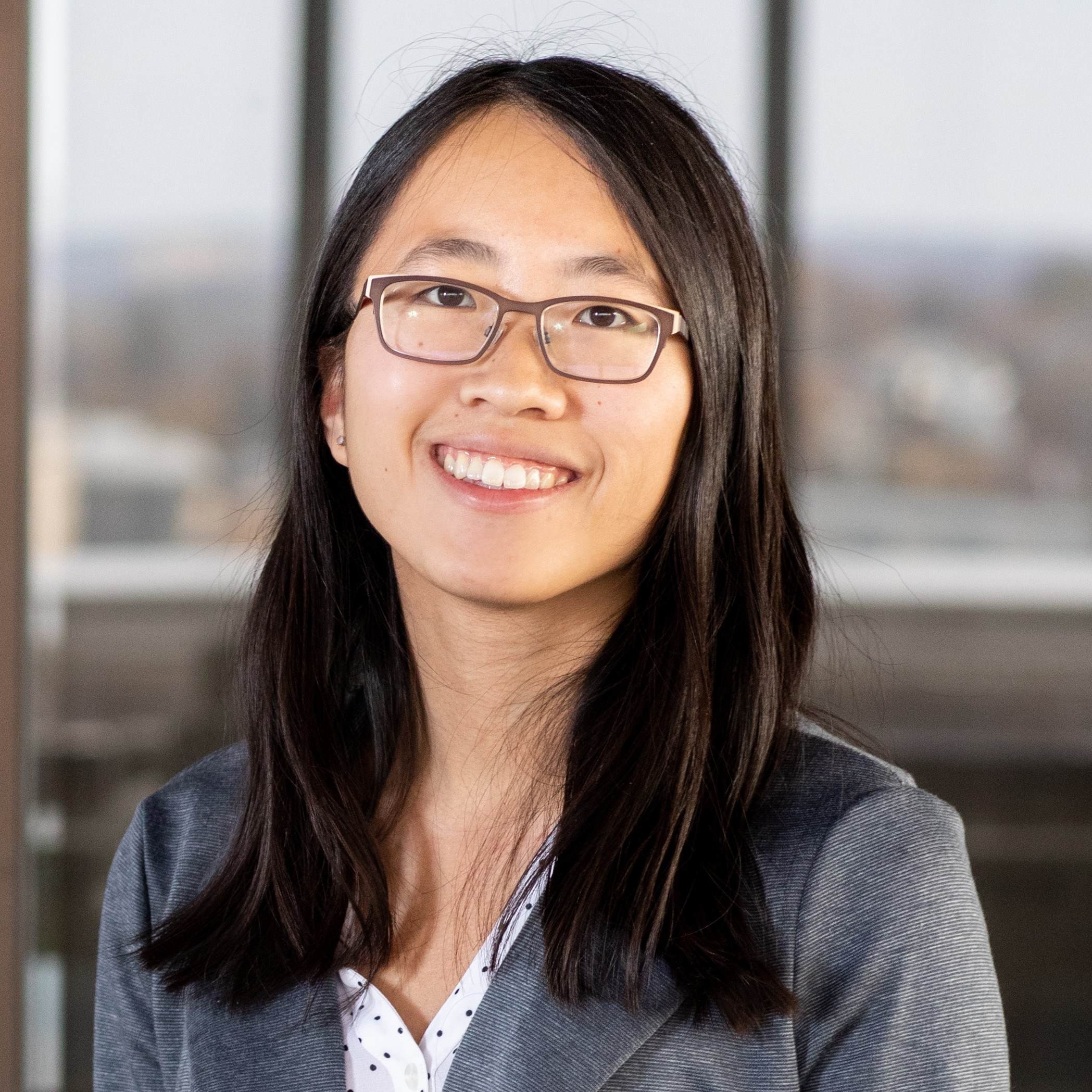
David Xiao
Daihui (David) Xiao’s research interests span a broad spectrum, including methodologies such as item response theory, multilevel modeling, causal inference, and machine learning, and their applications in test security, education policy, and healthcare. Before coming to Michigan State and commencing his master’s program in education policy, he served as an academic English/statistics teacher and academic director in international high schools in Pasadena, California, and Guangzhou, China. Additionally, he collaborated with education companies and organizations as an educational consultant. David is a Ph.D. Student in Measurement and Quantitative Methods (MQM) and M.S. Student in Statistics at Michigan State University. He also holds an M.A. Education Policy (Data Analysis and Research Methods) from Columbia University Teachers College and a B.A. from University of California, Los Angeles.
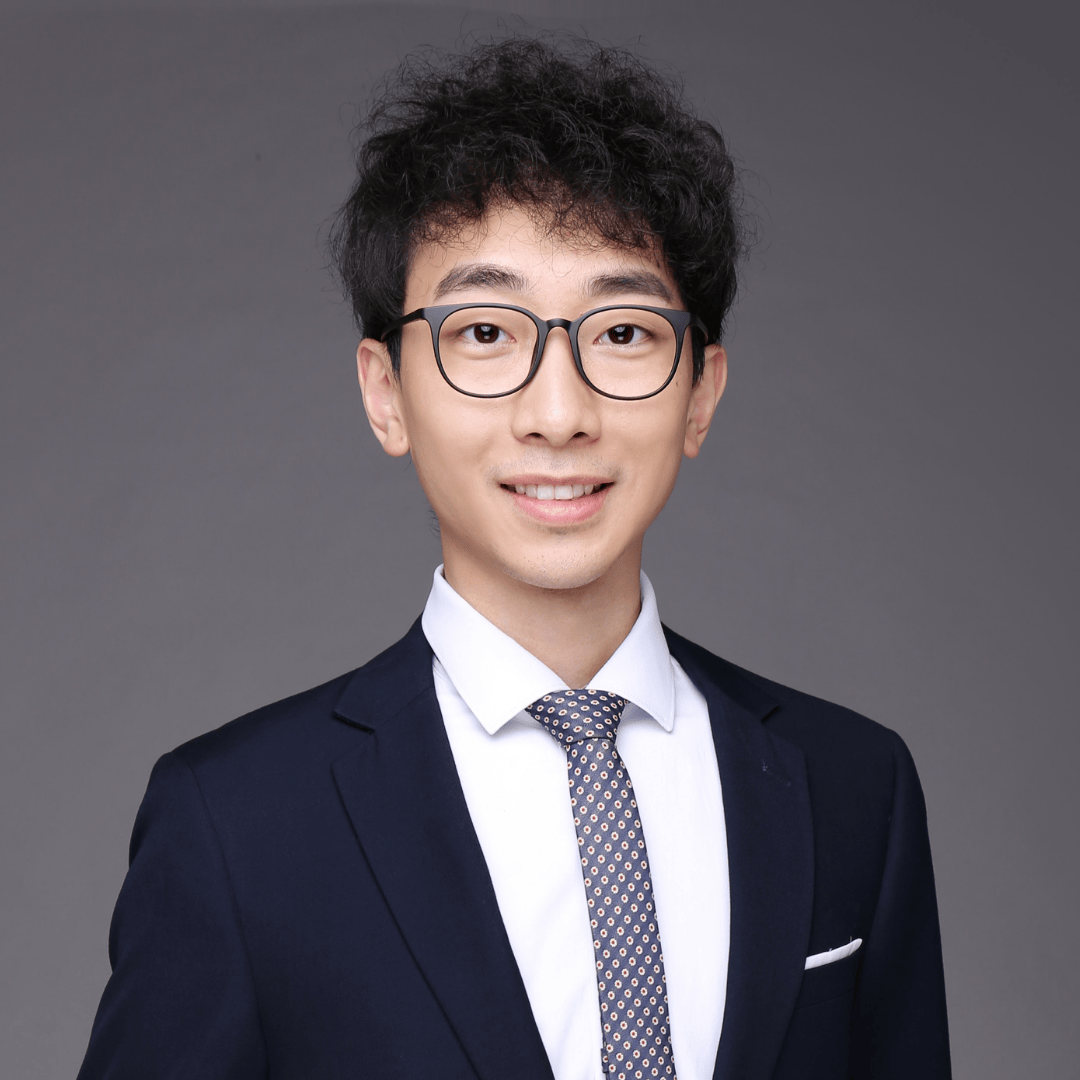
Alabama A&M University
Samantha Strachan, Associate Professor & Program Coordinator of Secondary Education
Dr. Samantha L. Strachan serves as Associate Professor and Program Coordinator of Secondary Education. She has an earned doctorate in Science Education from Morgan State University (Baltimore, MD), a Master of Secondary Education (Biology) degree from Alabama A&M University (Normal, AL), and a Bachelor of Science degree in Biology from Mount Allison University (New Brunswick, Canada). Prior to becoming a faculty member at Alabama A&M University, Dr. Strachan served as a science education research assistant where she conducted research focused on improving how urban students, particularly those of African descent, are taught science. As a teacher educator, she has served as a faculty representative for NASA’s MSI TEN Network and a faculty mentor for NASA’s MUREP Educator Institutes. She is a certified AMSTI (Alabama Math, Science and Technology Initiative) trainer for pre-service educators, and has sat on the Board of the Alabama Science Teachers Association (ASTA). Dr. Strachan’s current research is focused on improving African American males’ participation in the teaching profession. Her work also focuses on pedagogical practices in science classrooms. In addition to publishing her work, she serves as Project Director of the M.A.L.E. (Males for Alabama Education) Initiative, a state-sponsored program, and as co-Principal Investigator on a grant funded by the National Science Foundation (NSF). She has presented her research, both nationally and internationally, at several professional education conferences. She is two-time Jhumki Basu Scholar, a 2018 Association of Teacher Educators (ATE) Clinical Fellow, and the 2019 recipient of Alabama A&M University’s Excellence in Faculty Advising/Mentoring award.
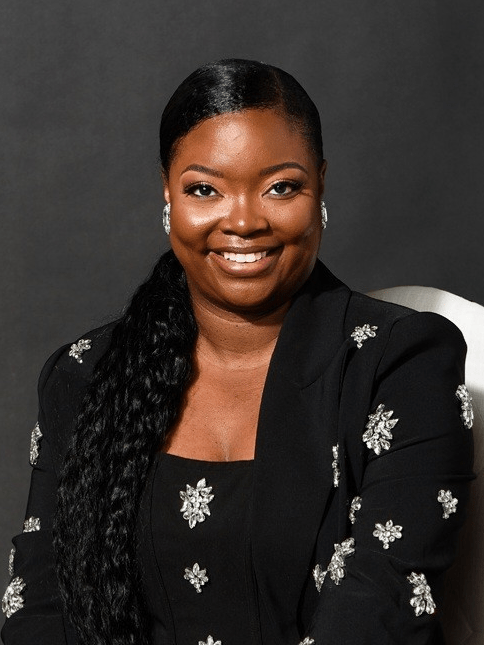
Lena Walton, Associate Professor of Secondary Education
Lena Walton serves as Associate Professor of Secondary Education at Alabama A&M University. She has previously served as the Interim Provost and Vice President of Academic Affairs at AAMU.
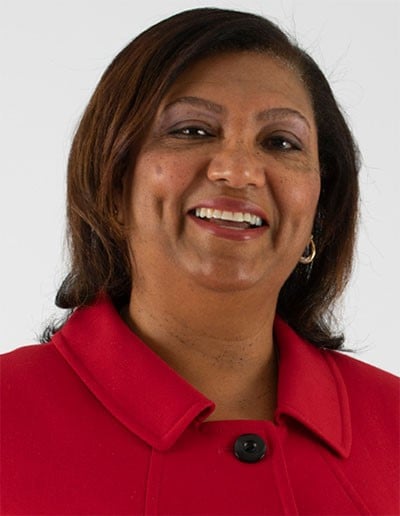
Winston-Salem State University
Lei Zhang, Professor of Physics
Dr. Lei Zhang moved to the USA as a graduate student after he obtained his B.S. degree in Space Physics from University of Science and Technology of China. He received a Ph.D. in Applied Physics from the University of Texas at Arlington after obtaining an M.S. in Astrophysics from Florida International University and M.S. in Math from Louisiana Tech University. He worked in industrial as a Scientist or an Engineer before he joined Elizabeth City State University as a visiting Assistant Professor of Physics in 2002 and has been working at Winston Salem State University as a tenure-track Assistant Professor of Physics, tenured Associated Physics, and tenured full Physics since 2005. He has successfully developed new courses & curricula and received an effective online teaching certificate from ACUE. Dr. Lei Zhang served as the PI or a co-PI of a number of funded grants including NSF HBCU-UP Catalyst grant PI. Also, he served/has been serving a number of on- and off campus committees/boards including the secretary of National Association Academia of Science (NAAS) and a board number of the Piedmont Triad Regional Workforce Development Board.
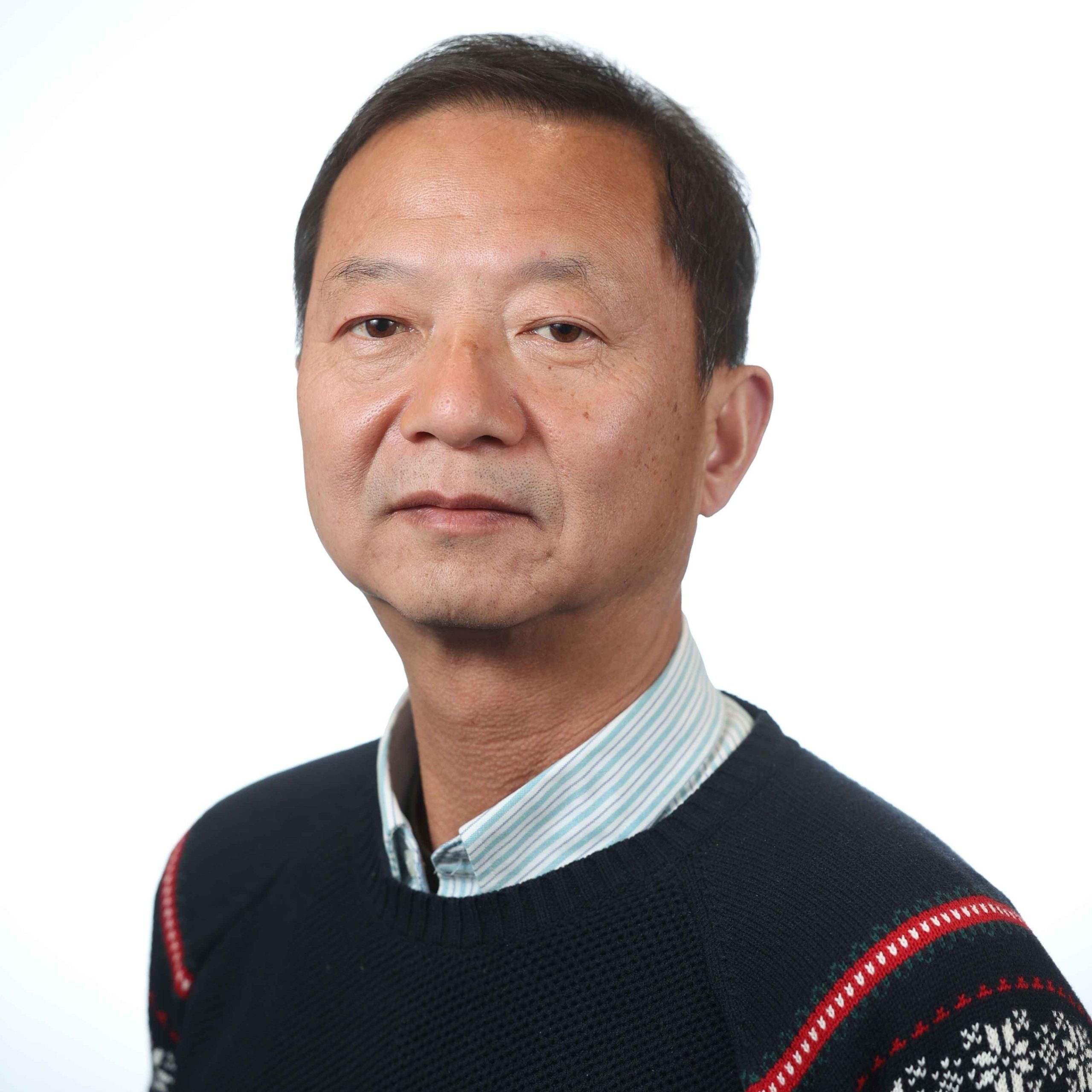
Ken Brown, Associate Professor of Chemistry
Ken Brown is Associate Professor of Chemistry at Winston Salem State University.
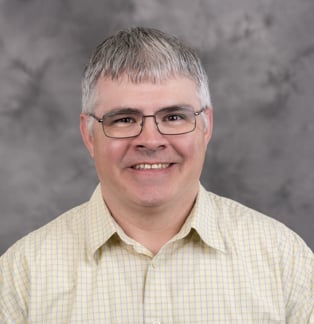
Northwestern University
Elizabeth Tipton, Professor of Statistics and Data Science, Director of Ad Hoc MS in Applied Statistics Program, Professor of Education and Social Policy (by Courtesy), IPR Fellow, Co-Director of the STEPP Center
Elizabeth Tipton is Professor of Statistics and Data Science, and Education and Social Policy (by courtesy) at Northwestern University, where she is also a Fellow at the Institute for Policy Research and co-Directs the Statistics for Evidence-Based Policy and Practice (STEPP) Center. Her research focuses on the development of methods for improving evaluations of social and educational programs, with a particular focus on addressing problems related to generalizability and treatment effect heterogeneity. She also develops methods for synthesizing findings of multiple studies via meta-analysis and for improving the mobilization of evidence for decision-making. Tipton is a Fellow of both the American Educational Research Association and the American Statistical Association. She will be President of the Society for Research on Educational Effectiveness in 2025.
